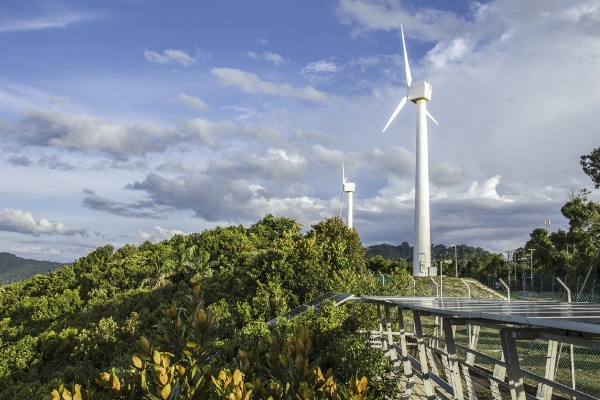The renewable energy (RE) market in Southeast Asia has an estimated annual CAPEX addition of US$3.15 billion in 2013, and this is expected to reach US$3.31 billion in 2018.
The market is riding high on government support in the form of concrete policies regarding targets and incentives for most RE technologies, the report said. The clear policy framework is encouraging RE adoption at the grass-root level.
Southeast Asia is attracting investments from North American and European companies, including OEM suppliers, engineering, procurement, construction (EPC) developers, consultants and carbon-based traders.
Governments in the region are encouraging domestic investments in renewable power generation sites as well as in RE equipment manufacture, so that they can achieve grid parity through affordable RE.
This heavy involvement of the government has ensured that nearly 70 percent of the RE market growth is dependent on governmental policies.
The high installation cost of some RE technologies have made it necessary to have policies for tax benefits, rebates, feed-in-tariff schemes, and other funding programs. Any withdrawal of such policies significantly limits market expansion.
Consequently, participants are attempting to achieve grid parity without government subsidies and grants and instead, are sourcing low-cost equipment and having leaner operations.
As a result, Frost & Sullivan finds that the timing and methods of phasing out subsidies are critical for creating a vibrant, cost-competitive market.
Another issue facing the market is associated with the use of outdated and substandard electrical systems that result in poorly developed transmission and distribution infrastructure. This is especially relevant in regions that are under-developed or are away from urban centers.
Lobbyists are looking to mitigate this shortcoming by obtaining better grid facilities and provisions for modern smart grids, the report said.
The long-term constraints in getting coal, combined with emission reduction targets, have strengthened the business case for RE. It not only results in energy self-sufficiency but also enhances national security, Frost & Sullivan said.

